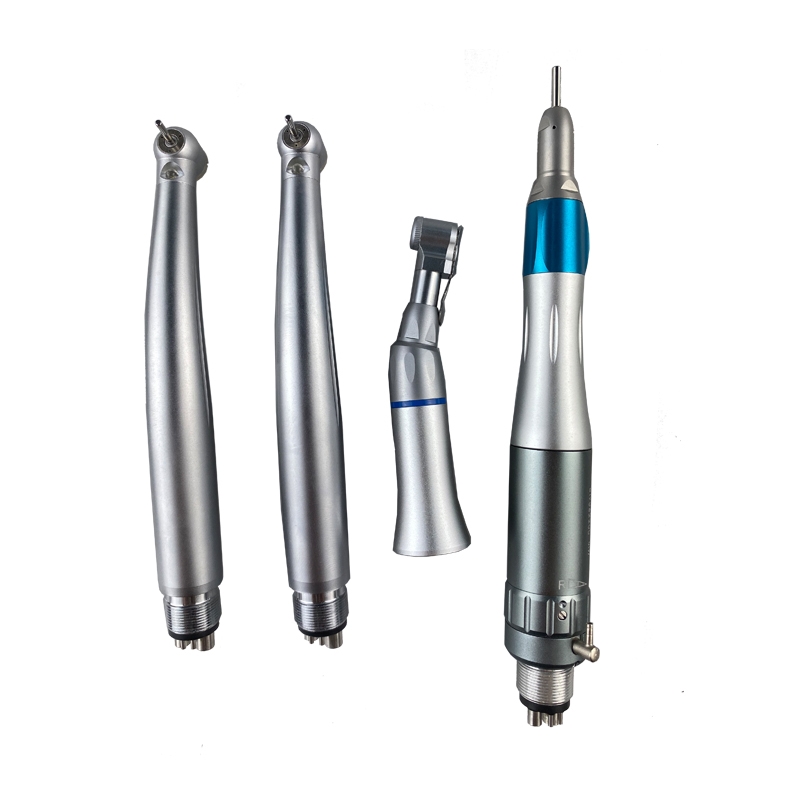Dental prophylaxis is essential to maintaining good oral health.
By following these essential methods, including regular dental checkups, proper oral hygiene habits, healthy lifestyle habits, sealant and fluoride treatments, and seeing a dental hygienist, you can keep your teeth healthy for a lifetime.
Regular dental checkups allow your dentist to detect any dental problems early and treat them before they become more serious. Proper oral hygiene habits, such as brushing and flossing, help remove plaque and bacteria from teeth and gums, preventing cavities and gum disease. Healthy lifestyle habits, such as having a balanced diet and avoiding smoking and tobacco products, also help keep good oral health.
You should visit your dentist every six months for routine checkups and cleanings. This allows dentists to detect dental problems early and treat them promptly.
Proper Oral Hygiene Habits
Proper oral hygiene habits are essential to maintaining good oral health. This includes brushing at least twice daily and flossing at least once daily. Remember to use fluoride toothpaste when brushing your teeth and brush your teeth for at least two minutes.
It’s also important to floss to remove food particles and bacteria that get in between your teeth. If you don’t have access to floss, consider using an interdental brush or flosser.
In addition to brushing and flossing, it’s also important to use mouthwash to kill bacteria and freshen your breath. Mouthwash can also help prevent gum disease and tooth decay.
Healthy Lifestyle Habits
In addition to regular dental checkups and proper oral hygiene habits, healthy lifestyle habits are also essential for maintaining good oral health. This includes having a balanced diet that is low in sugar and high in nutrients.
Sugary and acidic foods and drinks can contribute to tooth decay and erosion. Instead, focus on eating a diet that is rich in fruits, vegetables, lean protein, and whole grains. This will help keep your teeth and gums healthy and strong.
Smoking and using tobacco products can also contribute to oral health problems, including gum disease and oral cancer. If you smoke or use tobacco products, please consider quitting to improve your overall oral and overall health.
Sealants and Fluoride Treatments
Sealants and fluoride treatments are additional preventive strategies that can help prevent tooth decay. Sealants are thin protective coatings that are applied to the chewing surfaces of teeth to keep bacteria and food particles from getting stuck in grooves and crevices.
Fluoride treatments are also important for preventing tooth decay. Fluoride is a mineral that helps strengthen your tooth enamel and protect your teeth from decay. They are often recommended for children, but adults can benefit from fluoride treatments as well.
Mouthguards
If you participate in sports or other high-impact activities, a mouthguard is essential for protecting your teeth from injury. Mouthguards are customized devices that are designed to protect your teeth and gums from impact.
Mouthguards can also be helpful for people who grind their teeth at night. Teeth grinding can cause tooth damage and lead to other oral health problems. A mouthguard can help protect your teeth and prevent further damage.
In addition to these strategies, there are some other tips you can follow to maintain good oral health:
Limiting your sugar intake: Sugar is one of the leading causes of tooth decay, so limiting the intake of sugary foods and drinks is essential. This includes soda, candy, and other sweets.
Chewing sugar-free gum: Chewing sugar-free gum after meals can help stimulate saliva production, which helps neutralize the acids that can cause tooth decay.
Drinking plenty of water: Drinking plenty of water helps flush bacteria and food particles from your mouth, keeping your teeth and gums clean and healthy.
Using a soft-bristled toothbrush: Using a soft-bristled toothbrush helps prevent damage to tooth enamel and gums, which can lead to sensitivity and other oral health problems.
Regarding dental treatments: If you have any problems with your teeth, such as cavities or gum disease, it’s important to get them treated as soon as possible to prevent further damage.
Dental prevention is an ongoing process that requires constant effort and attention. By following these tips and checking with your dentist to create a personalized oral health plan, you can keep your teeth healthy and strong for a lifetime. Remember, prevention is key when it comes to oral health, so don’t neglect your teeth and gums – take care of them today for a healthier tomorrow!









